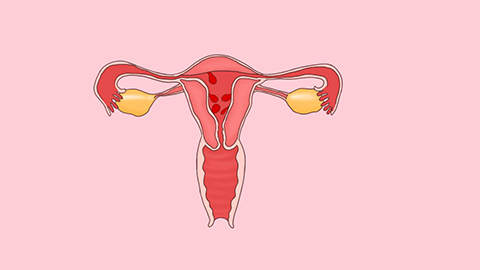Does fluid in the uterine cavity at 12 weeks affect the fetus?
Generally, whether intrauterine fluid accumulation at 12 weeks of pregnancy affects the fetus depends on a comprehensive assessment of the nature and amount of the fluid, as well as the mother's symptoms. The specific analysis is as follows:

If the amount of intrauterine fluid is small and the fluid is physiological exudate, and the pregnant woman has no discomfort such as abdominal pain or vaginal bleeding, and ultrasound shows normal fetal heartbeat and bud with stable development, the fluid typically does not affect the fetus. This type of fluid is usually absorbed spontaneously by the body. With bed rest and avoidance of physical strain, the condition often resolves on its own, requiring only regular follow-up monitoring.
If the intrauterine fluid accumulation is large and pathological in nature, especially when accompanied by significant symptoms such as abdominal pain and vaginal bleeding, it may adversely affect the fetus. Pathological fluid is often associated with intrauterine infection or threatened miscarriage. If left untreated, it may compress the embryo, impair placental blood supply, and increase the risk of miscarriage. Prompt medical evaluation to determine the underlying cause and appropriate intervention is necessary.
Pregnant women should ensure adequate rest, avoid fatigue and strenuous activities, and attend regular prenatal check-ups.




